Principal Investigator
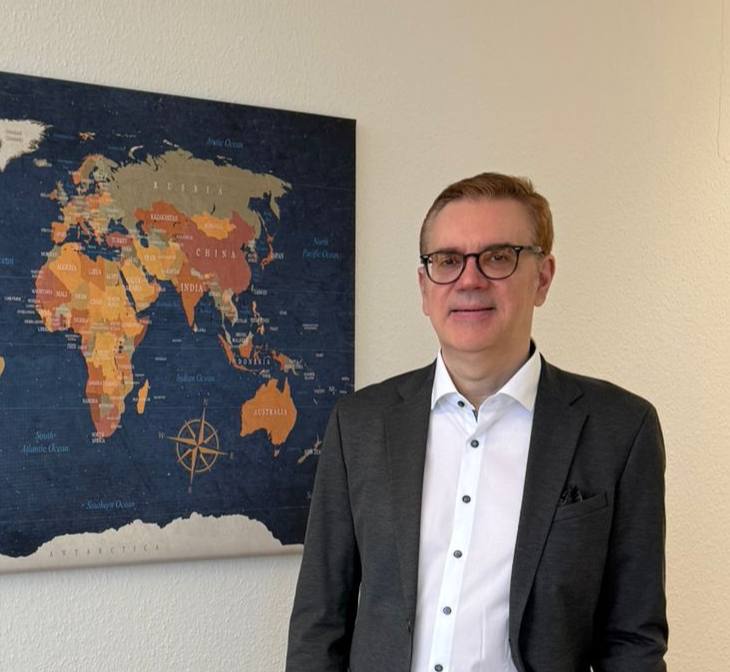
Prof. Dr. Christian Klaes
Professor Dr. Christian Klaes is a neuroscientist at the Ruhr-University in Bochum. His research focuses on Brain-Computer Interfaces (BCI), Virtual Reality, and Artificial Intelligence (AI) in medicine. He has extensive experience in neurophysiology, working with non-human primates and tetraplegic human patients. In 2021, he became Professor for Neurotechnology at RUB. He also leads the Incubator Health+ of the WorldFactory Start-up Center.
Office Manager
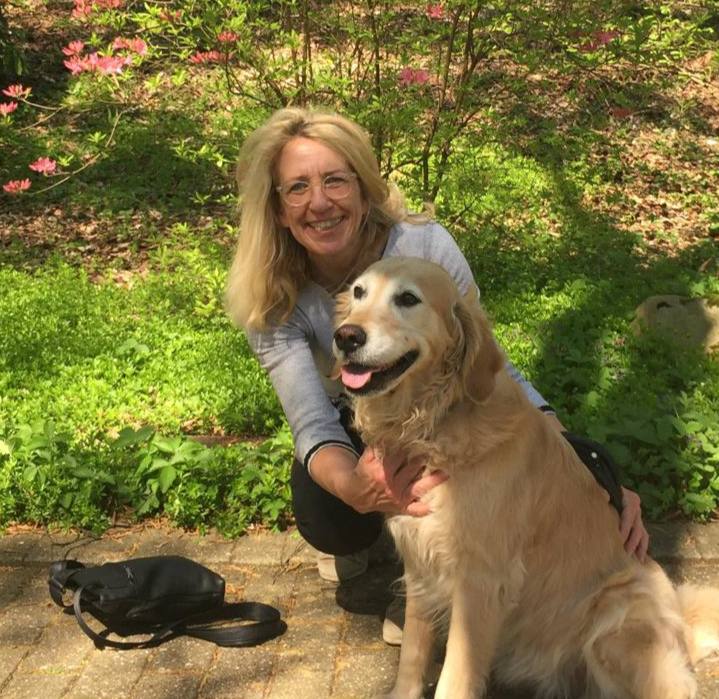
Silvia Wolko
Silvia is a trained publishing clerk and supports the KlaesLab and Incubator Health+ at RUB. She has set up two projects that guide schoolchildren and students in text entry and text correction and support companies in presentation layout design. Silvia enriches the team with her organizational activities, creative contributions, and strength in promoting key networking.
Post-Doctoral Researchers
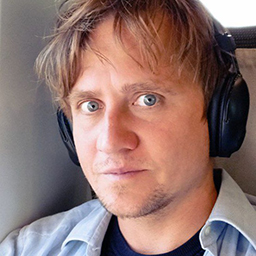
Dr. Artur Pilacinski
Art received his PhD from University of Tuebingen. At Klaeslab he works on number processing in single neurons, phantom touch, intuitive biomechanics, and collaborative robotics. He runs the VRS conference and occasionally posts on Bluesky.
PhD Students
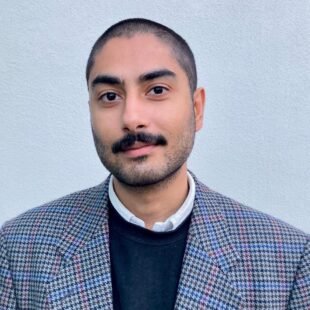
Namit Mishra
Namit has a Master's degree in Computational Mechanics from the University of Duisburg-Essen with specialization in mathematical modelling. He joined Klaeslab as a PhD student, associating with the Terahertz.nrw research network focused on using deep learning to uncover neuronal activity through terahertz waves. His interests are neurodegenerative diseases, bio-signals, neuroimaging, computational modelling, and virtual reality tests.
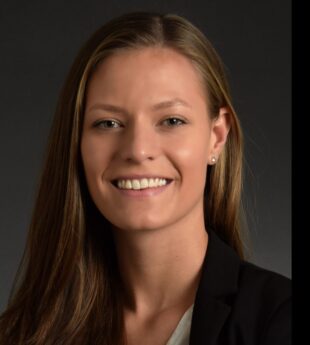
Lia Wagner
Lia completed her Master's degree in Biomedical Engineering at RWTH Aachen University and was already working in the KlaesLab during her Master's thesis. She conducted an exploratory analysis of EEG and eye-tracking data to investigate neural correlates of non-visual saccades. She is currently working on the collection and analysis of dense fMRI datasets using AI methods to develop individualized neurofunctional models.
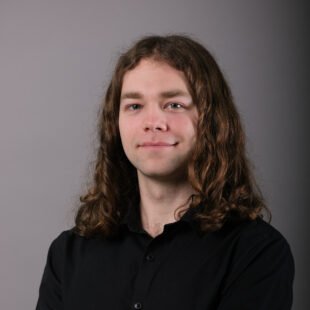
Sebastian Wiedenski
Sebastian obtained his master's degree on hierarchical decoders and movement prediction based on novel features of biophysical signalling in humans. Interested in both technology and neurobiology, he joined KlaesLab to pursue his interests in the functionality and improvement of the human brain through neurotechnological research. He is also involved in planning and execution of the VR Summit, especially the Hackathon organization.
Master's Students

Inga Scheidemann
Inga completed her Bachelor’s degree in Biomedical Engineering at FH Dortmund and is currently pursuing her Master’s degree in Translational Neuroscience at Heinrich Heine University Düsseldorf. She joined KlaesLab for a preparatory internship leading into her master's thesis. Her research focuses on collaborative robotics with the goal of improving human-robot interaction, utilizing technologies such as EEG.
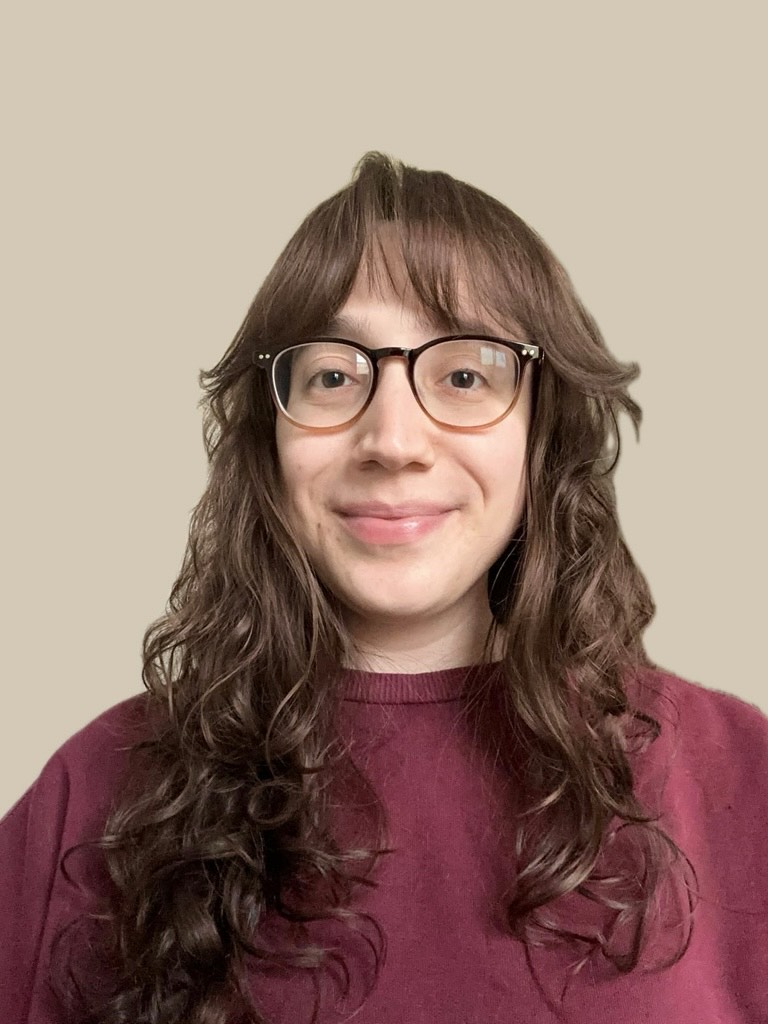
Merve Çelik
Merve completed her Bachelor’s degree in Physiotherapy and Rehabilitation at Istanbul University and is currently a Master’s student in Applied Neurosciences in Sports and Exercise at Paderborn University. She completed her internship at KlaesLab and continues her work as part of her Master’s thesis. Her current research focuses on submovement decomposition and analysis using the data collected within the WAVES project. She has a strong research interest in neurorehabilitation, neurotechnology, and the application of computational methods to the analysis of human movement.
Research Assistants
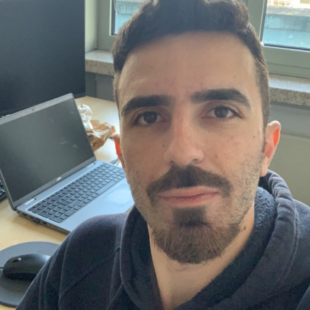
Rasti Salam
Rasti is currently doing his Master's degree in Physics at Ruhr University Bochum, specializing in Nuclear and Particle Physics. At Klaeslab, Rasti works as a PR & Communications representative for the VR Summit project, an initiative by RUB that focuses on advancing virtual reality technologies and their applications.
Alumni
Former members who have contributed to our research

